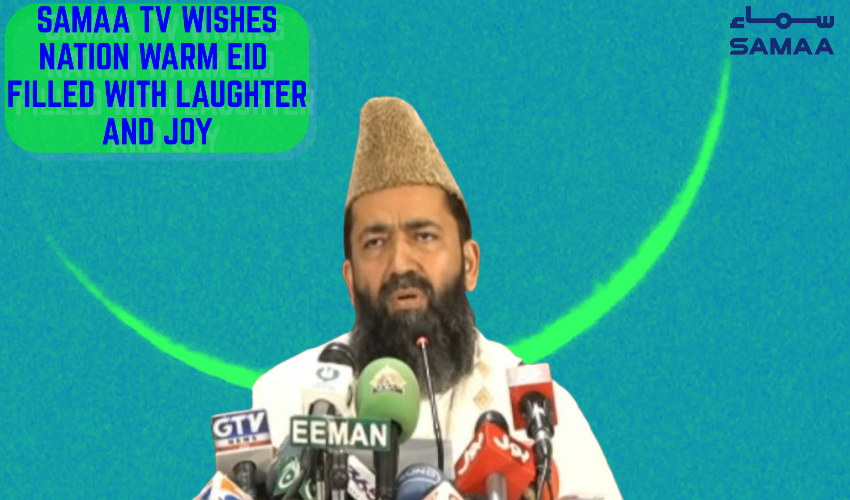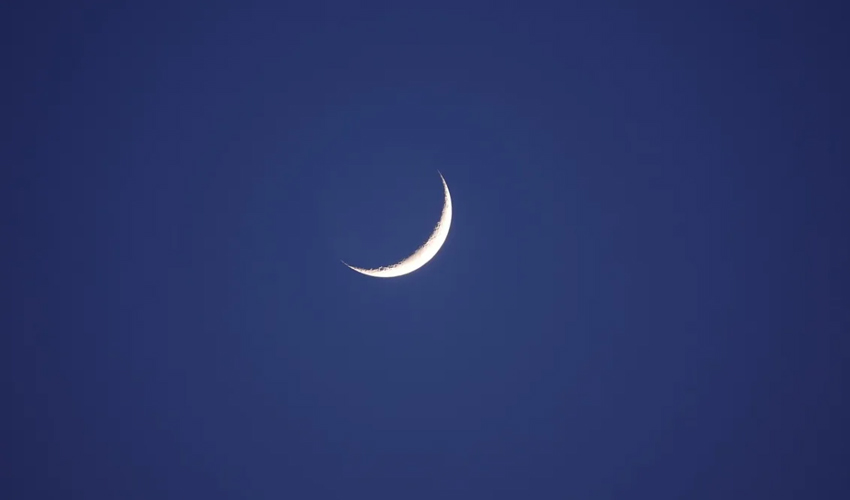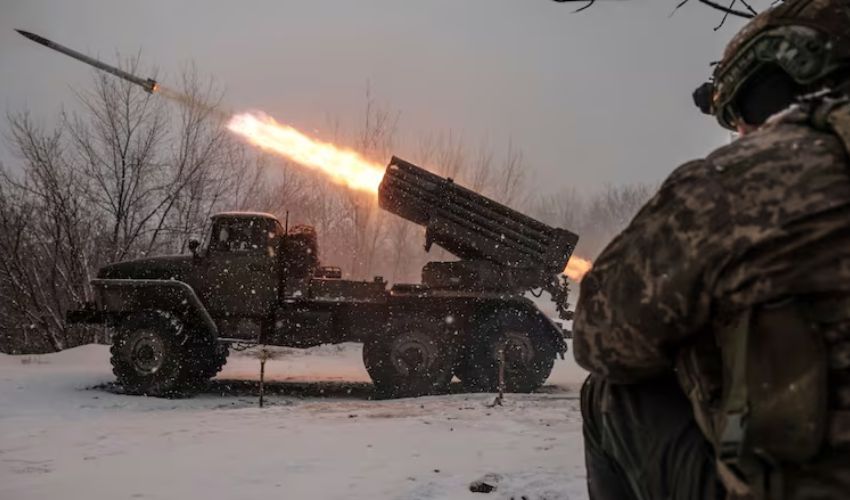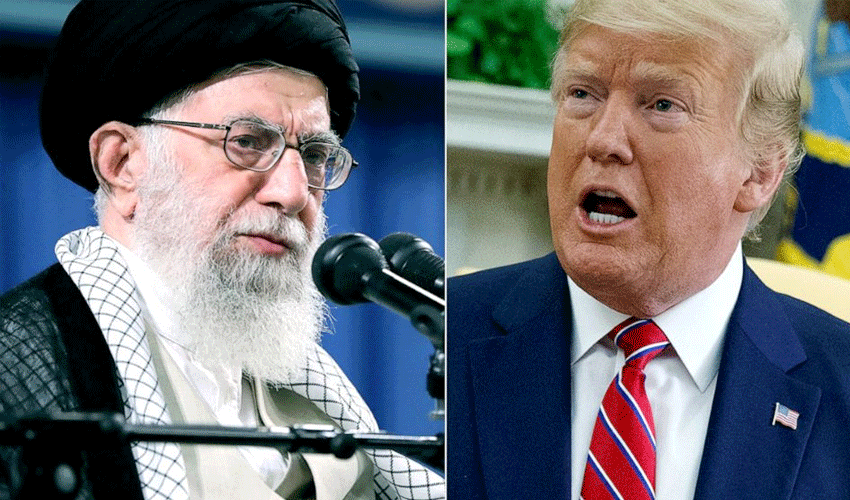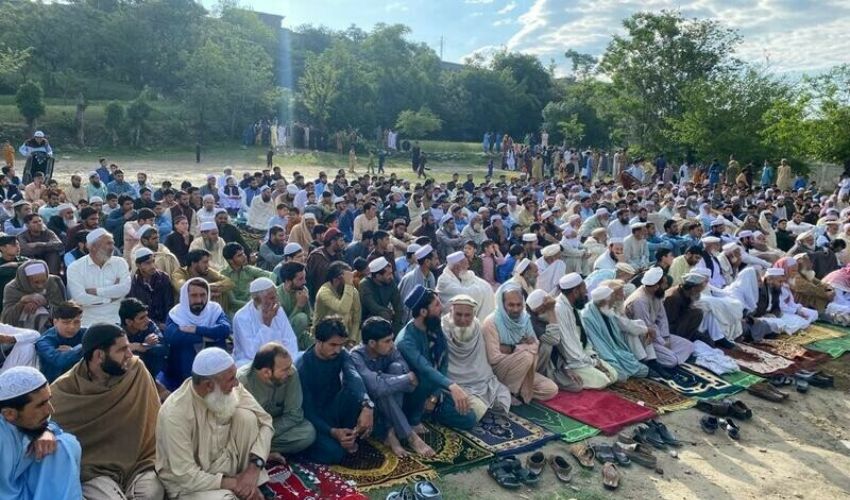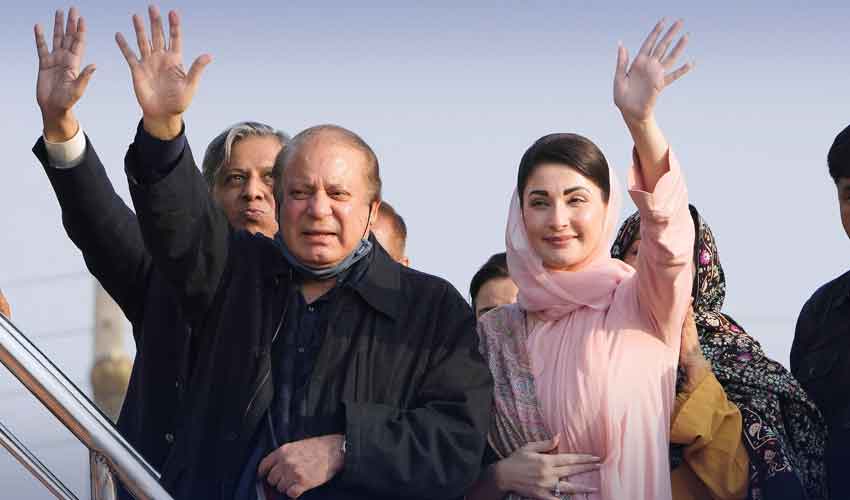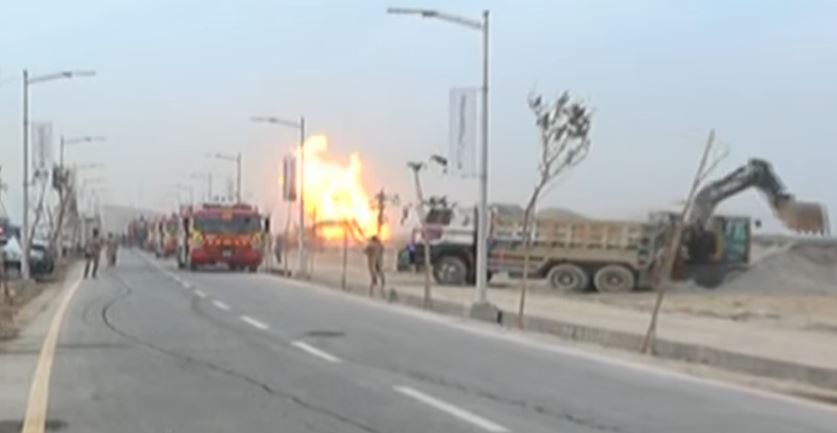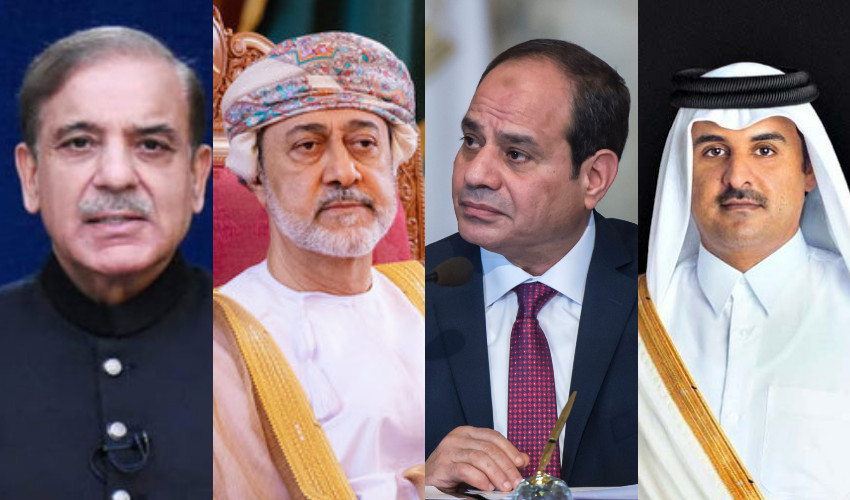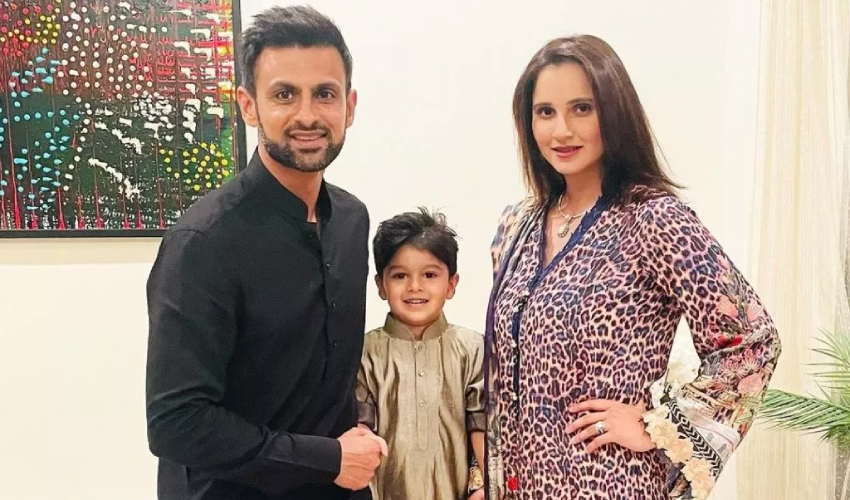Lebanese President Joseph Aoun visited France on Friday for his first European trip since his election in January.
This visit came as Paris intensified its efforts to press Beirut for political and economic reforms.
Aoun was scheduled to meet President Emmanuel Macron, who had visited Beirut shortly after Aoun's election, stating that France would hold an international aid conference to support Lebanon's reconstruction following the war between Israel and Hezbollah. However, no date had been set for the conference.
Aoun's election followed more than two years of vacancy in the presidency, with significant international pressure, including from France, prompting the decision. The election, coupled with the formation of a new government in February led by reformist Prime Minister Nawaf Salam, ended a prolonged political deadlock.
The breakthroughs occurred after Hezbollah, an Iran-backed group that had been a dominant force in Lebanese politics, was severely weakened in the war.
Lebanon’s new leaders now face the daunting task of rebuilding much of the country and managing the disarmament of Hezbollah, particularly in southern Lebanon.
They also must implement reforms demanded by the international community to secure bailout funds amid a five-year economic collapse, which is widely attributed to official mismanagement and corruption.
Karim Bitar, a lecturer in Middle East Studies at Sciences-Po University in Paris, remarked that “this visit to France is symbolically important,” noting that Paris had been a key player alongside Washington and Riyadh in pushing for Aoun’s election. He added that the trip aimed to restore France's "traditional role" in rallying "countries friendly to Lebanon" for support at donor conferences.
During his visit, Aoun told French envoy Jean-Yves Le Drian that both he and the new government were “determined to overcome the difficulties that the reform process may face in the economic, banking, finance and judicial areas.”
Despite the recent sense of optimism, Bitar cautioned that "there are still reasons to fear the new leaders’ task will not be so simple." He accused “private interests” tied to political, economic, and media powers of attempting to "defend the system that has endured" since Lebanon's 1975-1990 civil war.
These interests were also seen as obstructing any attempts at economic or social reform, state-building, or a potential agreement with the International Monetary Fund.
Bitar further warned that Hezbollah remained “not yet ready to hand over its weapons to the Lebanese state.” Under the November 27 ceasefire agreement, Hezbollah was to withdraw its forces north of the Litani River, around 30 kilometres from the Israeli border.
The Lebanese army was to deploy in the area, and any remaining Hezbollah military infrastructure was to be dismantled. France, which helped to monitor the ceasefire, ensured that the agreement was in line with United Nations Security Council resolutions calling for the disarmament of all non-state armed groups.
Israel, meanwhile, continued to strike what it claimed were Hezbollah targets and maintained control over five border points it considered strategic.








